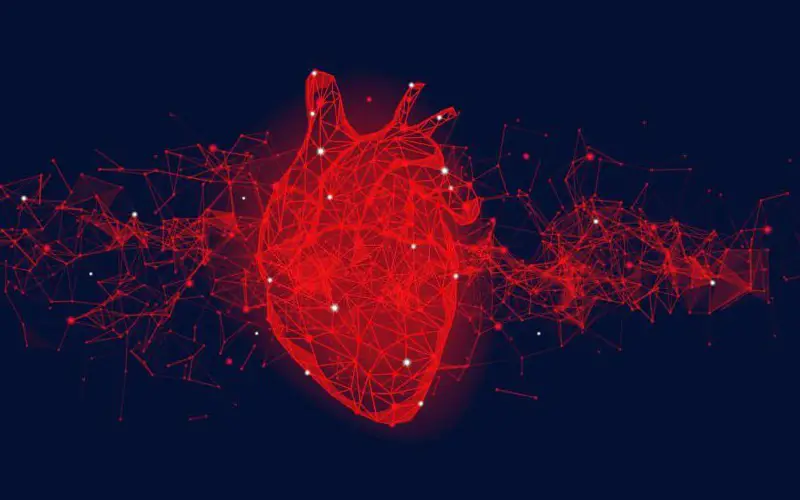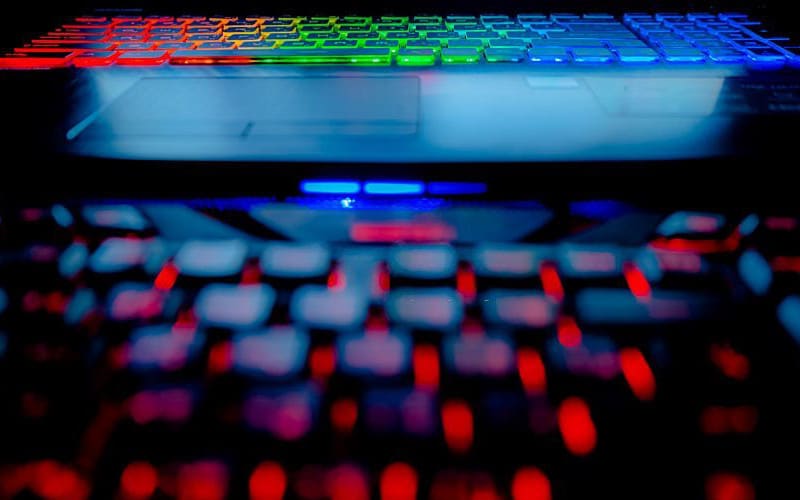BIOS and kernel are two important components of a computer system. BIOS is responsible for starting up the computer and running basic tests, while the kernel is the core of the operating system.
In this article, we will discuss the difference between BIOS and kernel and how they work together to power your computer.
What is BIOS?
BIOS is short for Basic Input Output System. It is firmware that is embedded on the motherboard of a computer. The BIOS is responsible for booting up the computer and performing basic tests. It also provides an interface between the hardware and software of the computer.
The BIOS is stored on a ROM (Read Only Memory) chip on the motherboard.
When you turn on your computer, the BIOS will load the operating system from the hard drive and transfer control to it. The BIOS also provides a way to change the settings of your computer. For example, you can use the BIOS to change the boot order of your drives.
What is Kernel?
The kernel is the core of the operating system. It is responsible for managing the resources of the computer and providing a platform for applications to run on. The kernel is also responsible for security, networking, and hardware support.
In Linux, the kernel is typically stored in a file named “vmlinuz” on the hard drive.
The kernel is loaded into memory when the computer boots up. It then transfers control to the operating system. The kernel will also handle requests from applications and provide a way for them to interact with the hardware.
How Does BIOS Boot?
The BIOS starts up the computer and performs basic tests. It then transfers control to the kernel. The kernel will then load the operating system and provide a platform for applications to run on.
The BIOS boots the computer by loading the bootloader from the boot device. The bootloader is responsible for loading the operating system from the hard drive. The BIOS will also provide a way to change the settings of your computer.
For example, you can use the BIOS to change the boot order of your drives.
How are BIOS and Kernel Different?
The main difference between BIOS and kernel is their respective roles in a computer system. BIOS is responsible for starting up the computer and running basic tests, while the kernel is the core of the operating system.
The kernel is responsible for managing the resources of the computer and providing a platform for applications to run on.
How Do BIOS and Kernel Work Together?
BIOS and kernel work together to start the computer and provide a platform for applications to run on. The BIOS starts up the computer and performs basic tests. It then transfers control to the kernel.
The kernel will then load the operating system and provide a platform for applications to run on.
Is BIOS Considered a Kernel?
BIOS is not considered a kernel. The BIOS is responsible for starting up the computer and performing basic tests. The kernel is the core of the operating system.
It is responsible for managing the resources of the computer and providing a platform for applications to run on.
Is BIOS the Same as OS?
No, BIOS is not the same as OS. BIOS is responsible for starting up the computer and running basic tests. OS (Operating System) is software that manages computer hardware and software resources.
When the computer is turned on, the BIOS boots first, which reads and executes instructions from a battery-backed nonvolatile memory (ROM) chip on the motherboard.
An operating system, or OS, is a type of system software that manages computer hardware and software resources. It provides common services for computer programs and acts as an interface between the hardware and the user.
The most common types of OS are Windows, macOS, Linux, and Android. Each OS has its own set of features and commands, which can be used to perform various tasks on a computer.
Does Windows have a Kernel?
The Microsoft Windows kernel is the heart of the operating system. It is responsible for low-level operations such as scheduling threads, routing hardware interrupts, and managing memory.
The kernel is designed to be fast and simple, and it forms the foundation on which all of the other components of the operating system are built. In short, without a kernel, Windows would not be able to function.
Conclusion
BIOS and kernel are two important components in a computer system. BIOS is responsible for starting up the computer and performing basic tests, while the kernel is the core of the operating system.
Both BIOS and kernel are essential parts of a computer system and work together to ensure that the system functions properly.






